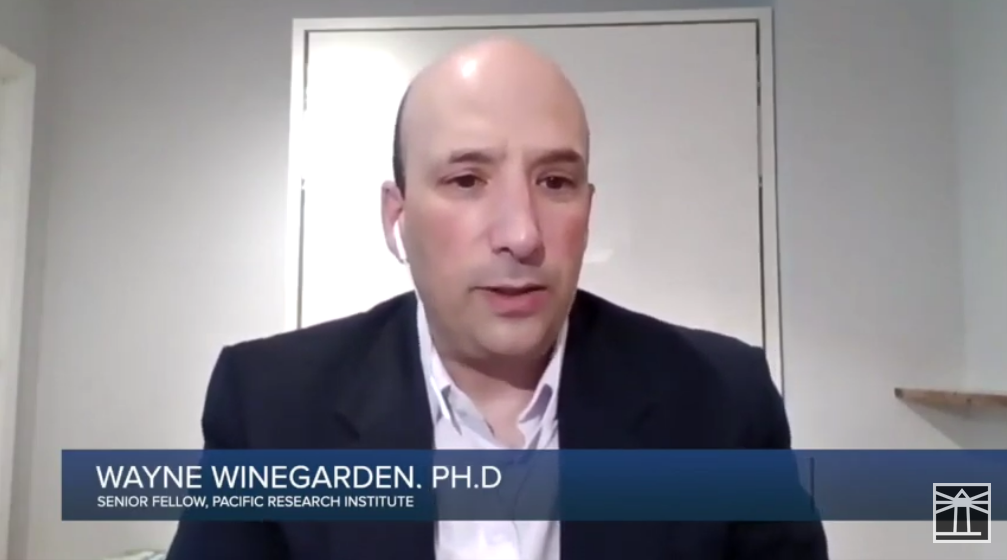Issue Brief: Government Policy Is Consolidating the Practice of Medicine
A new issue brief released today by the Pacific Research Institute—the California-based, nonpartisan, free market think tank—finds that certain states' efforts to tighten corporate practice of medicine laws hurt independent physicians, empower hospitals to consolidate local provider markets, and raise healthcare costs. "Competition is a prerequisite for affordable, high-quality care," said Dr. Wayne Winegarden, the author of the issue brief and Director of the Center for Medical Economics and Innovation at the Pacific Research Institute. "States are understandably concerned about...



